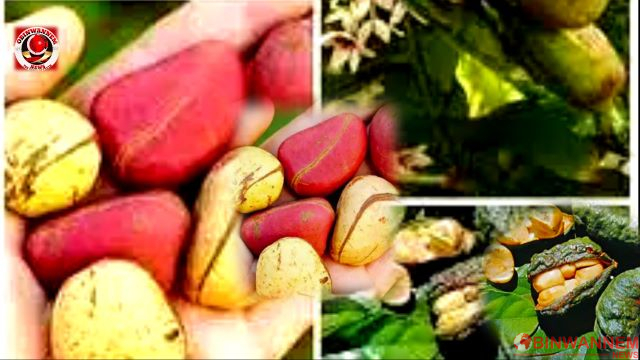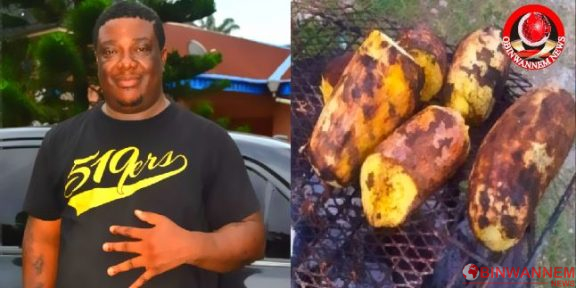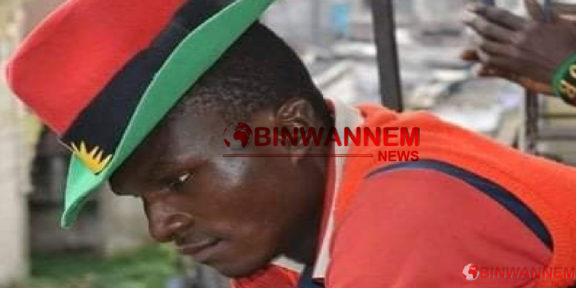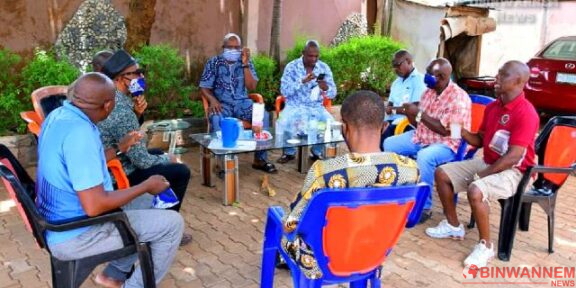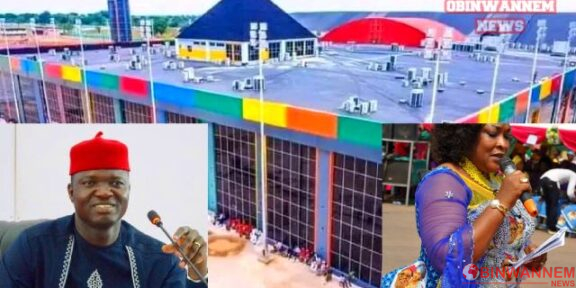Within the framework of Igbo cosmology, Cola acuminate (Oji Igbo) is the officially recognised kola nut that carries cultural significance and attachment. On the other hand, Cola nitida (gworo) is also consumed by the Igbo, particularly during social gatherings, along with other entertainment fruits like bitter kola and garden eggs, but it carries no particular cultural value. Cola acuminata (Oji Igbo) is a variety of kola nut that has distinct cotyledons, with each lobe symbolising a distinct meaning and interpretation. The classifications are as follows:
- One-lobed kola: A kola nut with a single cotyledon is uncommon in Igboland. If a kola nut with a single lobe is mistakenly seen, it is considered sacrilege since it represents a high-level taboo or abomination. Thus, it is known as Oji Ogbi (dumb kola nut), Oji Agbara, or Oji Mmuo (spiritual kola nut) and must be abandoned or disposed of because it is unsuitable for human use.
- Two-lobed kola: Oji Agbara is another name for the kola nut with two cotyledons. This is because twins may have been slain in the pre-colonial Igbo era since, in Igbo cosmology, the number two is seen as unstable and lacking in balance. The Igbo avoid kola nuts that have two cotyledons because they believe it to be unlucky.
- Three-lobed kola: Also known as Oji Ikenga or Oji Ike (kola nut of the courageous), this type of kola nut has three cotyledons. This is where the Cola acuminata‘s positive interpretation starts. Oji Ikenga is a positive omen that represents the traditional Igbo family structure, in which the male eldest is the leader of the father, mother, and children.
- Four-lobed kola: Oji Udo na Ngozi, which translates to “kola nut of peace/harmony and blessing,” is the name given to the kola nut with four cotyledons. Since it represents the four traditional market days that make up the Igbo week—Eke, Orie, Afor, and Nkwo (the traditional week length in the Igbo calendar)—four is a particularly important number in Igbo culture. A four-lobed kola represents the blessings associated with the four-market day cycle. This is because, in the Igbo business cosmology, the market cycle gives each community honouring a specific market god a day when its agricultural produce is brought to the market to be patronised by other nearby communities. The cycle rotates equitably every four days at this point.
- Five-lobed kola: The kola nut known as Oji Omumu, or five cotyledons, is said to enhance fertility, prosperity, safety, and good fortune. Additionally, it represents a bountiful harvest, which the Igbo translate as prosperity, growth, and procreation. Expectant parents and recent weds, particularly guys, will constantly be hankering after this kola. Five-lobed kola is not a common sight in social settings. The Igbo people therefore see it as a sign of blessing and wealth whenever it happens.
- Six-lobed kola: Although six cotyledon kola nuts are uncommon when they do occur, they represent a covenant or communion between the gods and humans. “OjiOgbugbandu” is the name of this (kola nut of covenant or bond with the ancestors). Note that in Igbo cosmology, the tiniest cotyledon of this kola nut is given to the ancestors to symbolise the direct connection between the living and the dead. It is normally a difficult-to-find kola, but when it does appear, it represents a unique visitation from the gods to the man who prayed. This visitation is reflected in the man’s tremendous prosperity and blessing upon breaking the kola, which is typically commemorated by sacrificing a goat or chicken with blood.
- Seven-lobed kola: Oji Asaa-asota (kola of seven and eight) is the name given to kola nuts that have seven cotyledons. In addition to being widely recognised as a symbol of the monarchy, it stands for joy and happiness. Although the seven lobed is exceedingly uncommon, it does occur occasionally, particularly under dire circumstances. Because it symbolises the four gods of the market days, the four-day week cycle, the three dimensions of man, and the trinity, it is strongly linked to supernatural effects. Because of these spiritual allusions, it is the most prized and precious indication of good fortune.


